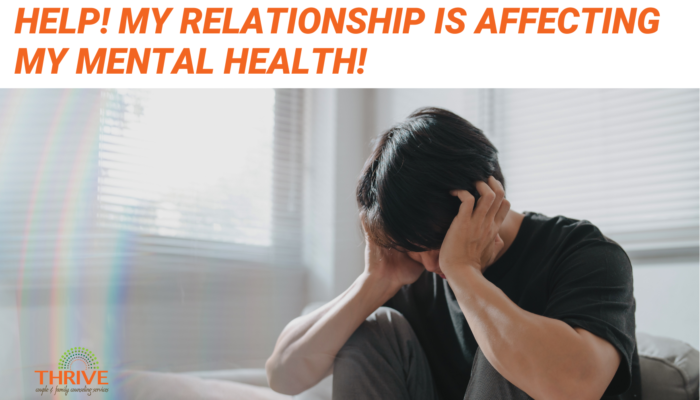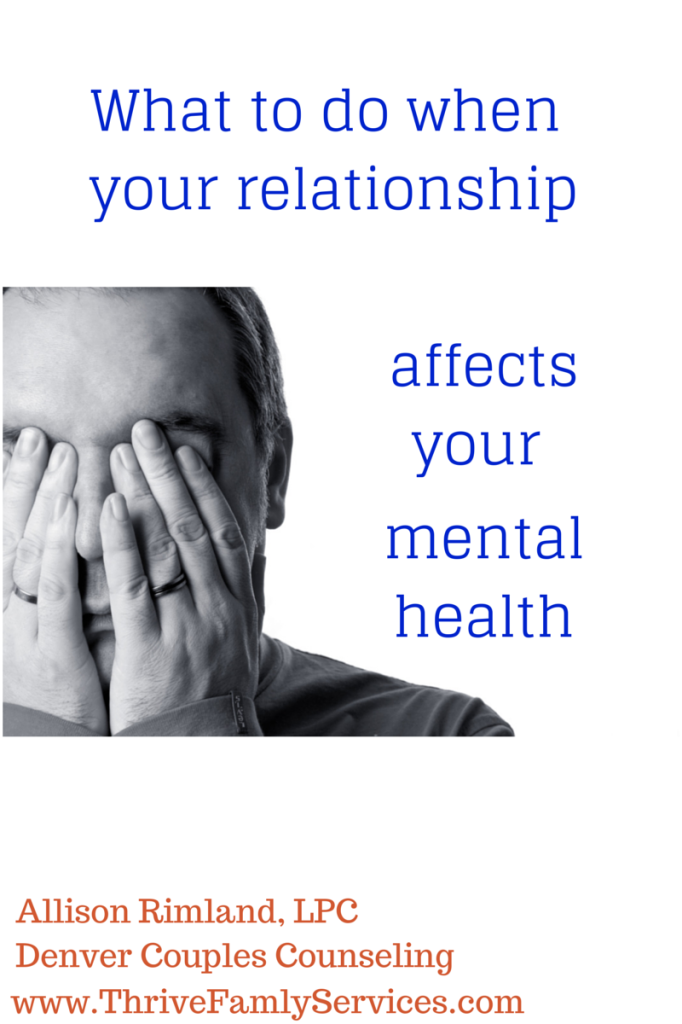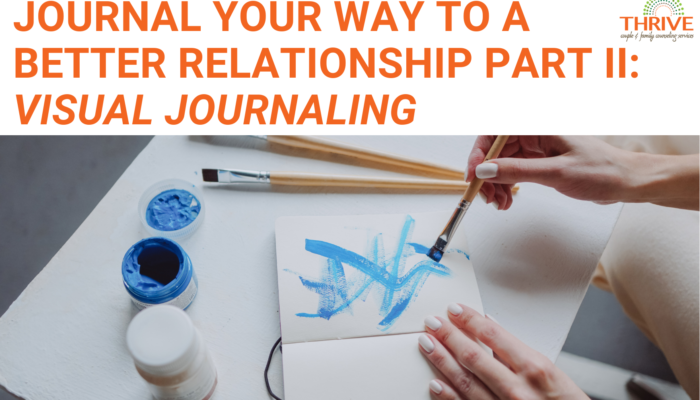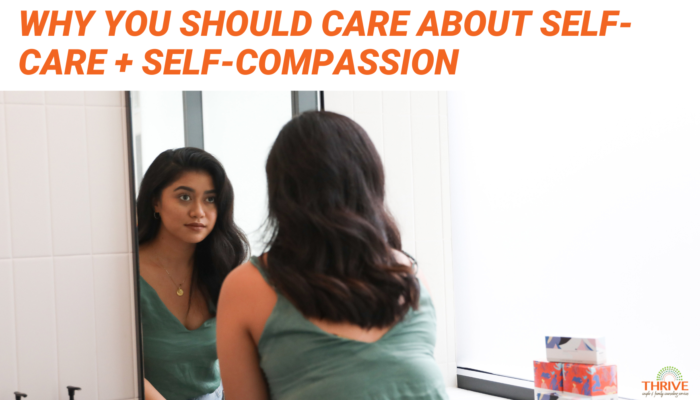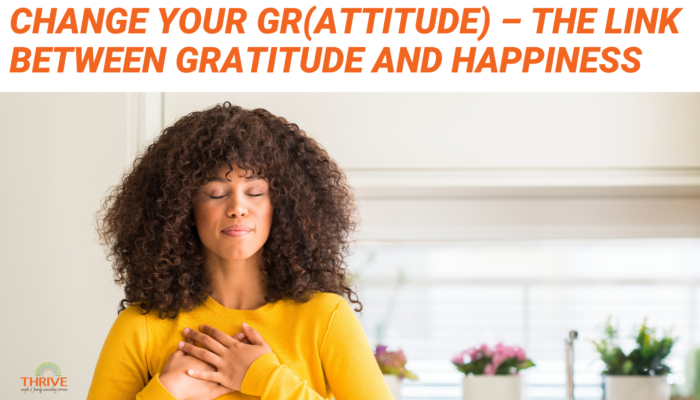How does my relationship affects my mental health?
Love hurts sometimes! Our most important relationships can and do affect us significantly. Our mental health can suffer. We can be more depressed, anxious and have increased PTSD symptoms if we are lonely or are in challenging relationships.
“The quality of our interactions with the person we love absolutely shapes our mental health.” Dr. Sue Johnson, Emotionally Focused Couple Therapy Founder, author of Love Sense: The Revolutionary Science of Romantic Relationships
We know from research that strong and close significant relationships bring us better overall mental and physical health. We also have more satisfying sexual experiences when our love relationship is secure and strong. As social mammals, we are hard-wired our whole lives to need and seek out secure connection with others.
Society says, “Be independent!” and “Love Yourself First!” However, extreme independence and isolation is unhealthy for us. When children are left mostly alone in orphanages or other circumstances, they fail to thrive. Or, when prisoners are put in solitary confinement, they fall apart mentally.
In the movie “Cast Away,” starring Tom Hanks, we see a vivid image of this lifelong and essential need for secure relationships. When Hanks’ character Chuck loses his best and only companion, Wilson the volleyball, he is very nearly crushed by grief and abandonment. Even though he’s managed to survive physically, he feels no reason to continue living completely alone.
When is Couples Counseling appropriate for mental health issues?
Can you relate to any of these statements about mental health and relationships?
I get so depressed when I’m not getting along with my partner.
She’s so anxious about our relationship. What can I do about it?
I don’t know whether I want to stay in or leave this relationship. I am so depressed and worried.
I have been diagnosed with depression, anxiety, PTSD or other mental health disorders and nothing seems to be helping. What could marriage counseling or couples counseling offer that might help me?
If you are in a serious relationship where there are frequent arguments or other issues, you most likely have mental health symptoms such as depressed mood, insomnia, stress, panic, racing thoughts, distraction, agitation, thoughts of self-harm or suicidal thoughts, etc.
Our physical health suffers when our relationship is struggling, including poor sleep, stroke, and heart disease. We have higher levels of stress hormones such as cortisol, impacting our immune system functioning. Our relationship struggles can also affect the mental health of our children.
If your anxiety, depression or PTSD is triggered when you aren’t getting along with your significant other, this may be a sign that couples counseling is in order.
If you spend most of your individual counseling talking about your relationship issues, couples counseling may be the most direct way of addressing them.
You can work with your individual therapist to find the best couples counselor for you. An individual therapist can help you prepare for the conversation about couples counseling or to sort through blocks that may arise in getting your partner to attend couples counseling with you.
How can couples counseling improve my mental health?
Should I stay or should I go? When we’re in relationship limbo, we can experience all kinds of mental health symptoms. I frequently work with couples feeling discouraged, uncertain and hopeless. Contrary to what we might assume, these feelings are pretty normal when a relationship is struggling and they don’t necessarily spell the end of your relationship. In fact, the research says that it is complete disengagement that indicate the relationship is over. When you or your partner are upset, it shows there is still a longing, still feelings about how much the relationship means.
In Emotionally Focused Couple Therapy, our main goal is to help couples learn to have more vulnerable conversations with each other. We help people organize and practice sharing their feelings with their partner vulnerably, so that they get the response they long for. When someone really shows up for you – really sees you, understands you, cares for you and responds to you, that is love. When we are loved deeply, fully and securely, we feel so good.
Don’t throw the baby out with the bathwater: Individual Therapy
The point of this post is not to say that couples counseling alone can address all mental health issues, nor that individual counseling is less effective in addressing mental health challenges. In fact, a good individual therapist can help you uncover and organize your feelings about the possible connection between your mental health and your relationship. If the approaches of both individual and couples therapist are aligned, individual counseling can be an excellent addition to effective couples counseling and vice versa.
We know from research that effective individual therapy is highly dependent on a strong and secure therapist-client relationship. The good news is that couples counseling offers the same opportunity for a secure therapeutic relationship to occur with both partners, and ultimately between the partners also.
In other words, simply feeling seen, understood and given unconditional positive regard by your couples therapist will help you. Then, a strong couples therapist with an effective approach such as Emotionally Focused Couples Therapy will help partners to become that secure connection for each other.
What the Research says: Emotionally Focused Couple Therapy can Improve your Mental Health
I’ve written before about the exciting Brain research from Dr. Sue Johnson, the founder of Emotionally Focused Couple Therapy and Dr. James Coan, University of Virginia neuroscientist, demonstrated why secure, committed relationships can improve our physical and mental health.
The study measured the brain’s fear and pain response to electric shocks to the feet of married women before and after Emotionally Focused Couple Therapy (EFT). fMRI scans measured fear and pain responses when the woman was alone, holding the hand of a nurse, and her husband’s hand.
After twenty sessions of EFT, the level of fear and pain stayed the same when the woman was alone. When she held the nurse’s hand, there was much less pain and fear than before the couples counseling. Finally, when the woman held her husband’s hand, there was very little pain or fear measured with the electric shock.
If you experience anxiety, depression, or stress in your life related to your most important relationships, call today to explore if your relationship may be affecting your mental health and whether couples counseling might help. 303-513-8975 or schedule an appointment today for Emotionally Focused Couples Therapy. It may just be the best thing you can do for your mental health.

